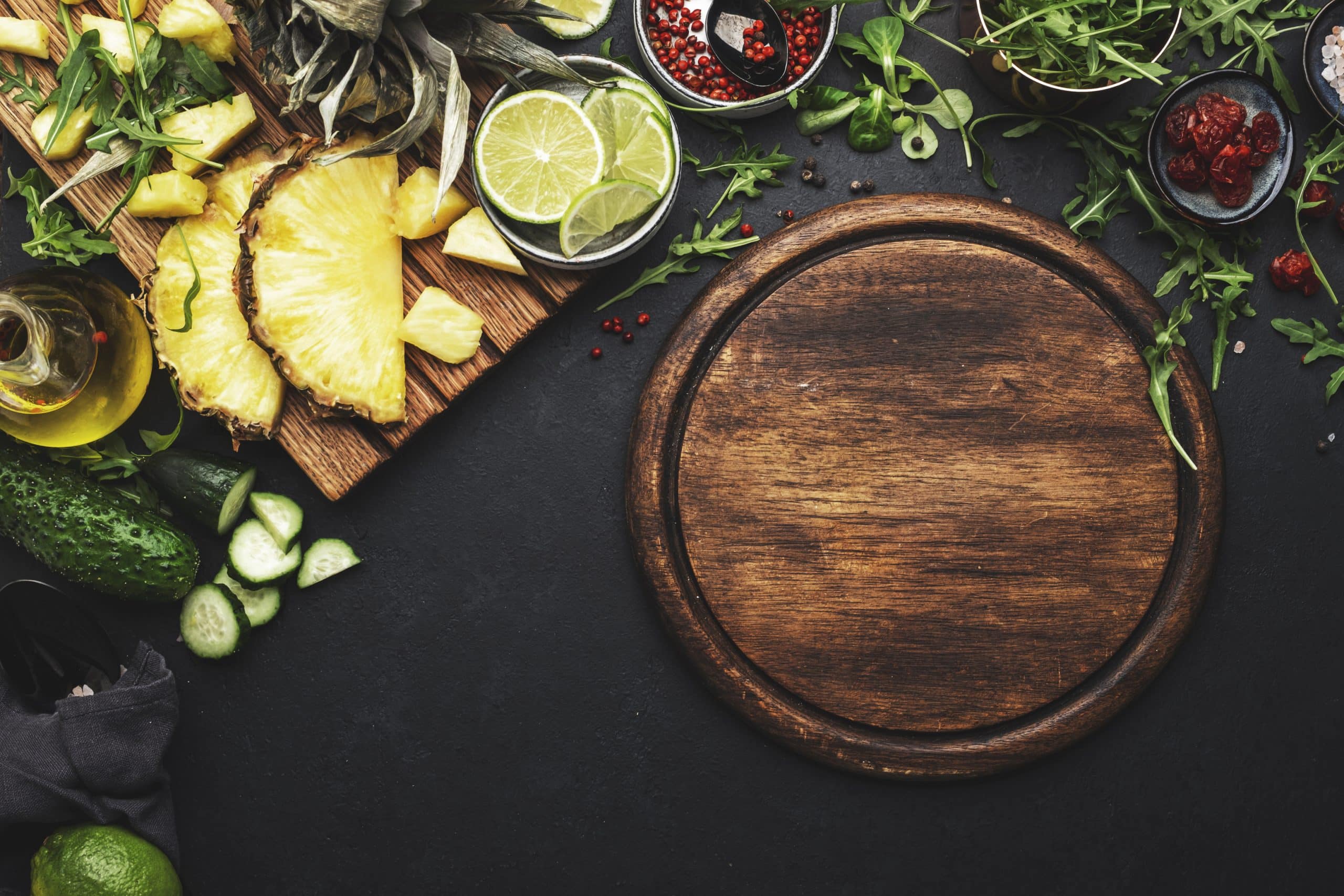When you’re expecting, there’s a whirlwind of excitement, anticipation, and, naturally, a fair share of anxiety. Multiply that by two if you’re pregnant with twins, triplets, or more. The questions on your mind may range from birth plans to baby names. But one crucial aspect that shouldn’t be overlooked is nutrition. The food you consume becomes the building blocks for your babies’ growth and development.
Understanding the Importance of Healthy Weight Gain
During pregnancy, your body undergoes significant transformations to accommodate your growing baby or babies. A healthy weight gain is an inevitable part of these changes. However, the weight gain for multiple pregnancies is different from that for a singleton pregnancy.
Additional reading : What Nutritional Supplements Are Recommended for UK Vegan Pregnant Women?
Gaining weight is not just about eating more. It’s about maintaining a balance that supports the health of both the mother and the babies. For multiple pregnancies, the predicted weight gain is usually higher. According to the Royal College of Obstetricians and Gynaecologists, if you’re carrying twins, you’re likely to gain between 16.8 kg to 24.5 kg.
However, just like every woman is unique, so is every pregnancy. Various factors such as your pre-pregnancy weight, your overall health, and whether you’re carrying identical or non-identical twins, can influence your recommended weight gain.
Also to read : How Should UK Pregnant Women Use Prenatal Support Belts for Optimal Benefit?
Adopting a Balanced Diet
While it’s imperative to eat more to account for the additional calorie needs, it’s crucial to focus on the quality of foods you consume. A diet rich in a variety of nutrients can provide the necessary building blocks for your babies’ growth.
A balanced diet should include protein, carbohydrates, fats, vitamins, and minerals. Proteins are the building blocks of cells and are necessary for the growth of the fetus. Carbohydrates provide energy while fats are essential for brain development.
Include lean meats, fish, eggs, dairy products, whole grains, fruits, and vegetables in your diet. In addition to providing necessary nutrients, these foods also contain fiber, which can help alleviate common pregnancy-related problems like constipation.
It’s also advisable to eat small, regular meals throughout the day. This not only helps prevent nausea but also ensures a steady supply of nutrients to your babies.
Emphasising on Iron and Vitamin Intake
Iron is essential during pregnancy as it helps form the red blood cells that deliver oxygen to your babies. With multiple pregnancies, the need for iron increases since you’re nurturing more than one baby.
Good sources of iron include lean red meat, poultry, fish, iron-fortified breakfast cereals, and green leafy vegetables. Pairing these with vitamin C-rich foods like oranges or strawberries can enhance iron absorption.
Equally vital is the intake of Folic acid or Vitamin B9. This nutrient helps prevent neural tube defects in babies. For women carrying multiples, the NHS recommends a daily intake of 5mg of folic acid from the time of conception to 12 weeks of pregnancy.
The Role of Foods to Avoid
Just as there are foods that benefit your pregnancy, there are also those that pose a risk. Some foods can potentially harbour harmful bacteria or toxins that could affect your pregnancy.
For instance, certain types of fish, like shark, swordfish or marlin, are high in mercury, which can impact a baby’s developing nervous system. Similarly, raw or undercooked meats, poultry, eggs, and shellfish should be avoided as they can contain harmful bacteria like Salmonella or Listeria.
Unpasteurised dairy products or soft cheeses with a white, mouldy rind, like brie or camembert, can also be potential sources of Listeria.
The Necessity of a Personalised Approach
Lastly, while there are general guidelines for nutrition during multiple pregnancies, it’s vital to remember that each woman’s experiences and needs are unique. Factors such as preexisting medical conditions, lifestyle factors, and personal preferences will influence your dietary needs and choices.
Engaging with a healthcare professional or a dietitian can help tailor a nutrition plan that fits your needs and supports your multiple pregnancy. They can provide advice based on your current health status, weight, and other specific needs.
Remember, a well-planned nutrition strategy is not just about ensuring a healthy weight gain or meeting increased calorie needs. It’s about nurturing your body and your babies, setting the foundation for a healthy birth and beyond.
Importance of Hydration and Regular Exercise
Proper hydration and regular exercise often go unnoticed, yet they play a pivotal role in supporting the health of women with multiple pregnancies.
Staying adequately hydrated becomes increasingly important during multiple pregnancies. Water plays a vital role in forming the amniotic fluid, transporting nutrients to your babies, and aiding digestion. It can also help alleviate common pregnancy discomforts like constipation and hemorrhoids. Pregnant women should aim to drink at least 10 cups (2.3 liters) of fluids a day, according to the National Health Service.
As your body weight increases during pregnancy, maintaining regular physical activity can help manage healthy weight gain, enhance mood, improve sleep, and build stamina for labour and delivery. Pregnancy-appropriate exercises such as walking, swimming, prenatal yoga, or Pilates can be beneficial. Yet, it’s essential to consult with your healthcare provider before starting or continuing any exercise regimen during pregnancy.
Also, bear in mind the risk of dehydration during physical activities. Keep a water bottle handy and ensure you’re drinking sufficiently before, during, and after exercise.
Conclusion: Planning Nutrition for Multiple Pregnancies
Ensuring proper nutrition during a multiple pregnancy is undoubtedly challenging but undeniably crucial. It requires a well-planned strategy, focusing on achieving a healthy weight gain, a diet abundant in essential vitamins and minerals, adequate fluid intake, and regular physical activity.
Through a balanced diet rich in proteins, carbohydrates, and healthy fats, pregnant women can provide their growing babies with the necessary nutrients for healthy growth and development. Certain nutrients, like iron and folic acid, need special emphasis due to their crucial role in fetal development.
Equally important is knowing which foods to avoid during pregnancy. Some foods can pose potential risks and need to be omitted from a pregnancy diet. These include specific types of fish high in mercury, raw or undercooked meats and eggs, and certain unpasteurised dairy products.
Lastly, a bespoke approach that considers the unique needs and circumstances of each woman should be adopted. Guidelines and recommendations are helpful, but they may need to be tailored based on individual factors like pre-existing health conditions, lifestyle habits, and personal preferences.
Engaging with a healthcare professional or a dietitian can be incredibly helpful in devising a nutrition plan that supports your multiple pregnancy. They can offer advice based on your health status, weight, and specific needs.
Remember, the goal of a well-planned nutrition strategy is not just about ensuring a healthy weight gain or meeting increased calorie needs. It’s about nurturing your body and your babies, setting the foundation for a healthy birth and beyond.
In conclusion, being pregnant with multiples may be filled with anticipation and anxiety. But, with proper nutrition, regular exercise, and the right support, you can embark on this journey with confidence, knowing that you’re doing the best you can to support the growth and development of your babies.











